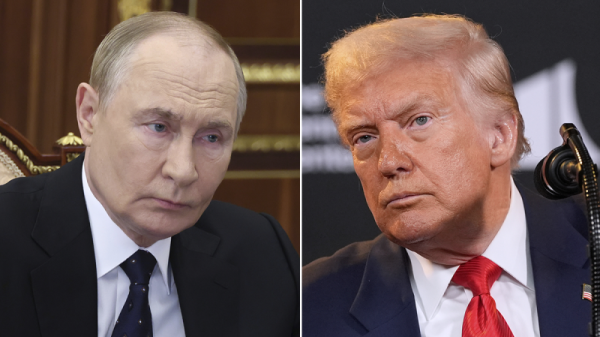The recent arrest of the CEO of Telegram by French authorities has sent shockwaves through the tech industry and raised concerns about data privacy and security. This high-profile arrest has significant implications for the future of encrypted messaging services and the ongoing debate between privacy rights and law enforcement access.
The arrest, which took place in Paris, came after a long-standing battle between Telegram and French authorities over access to user data. Telegram has long prided itself on providing end-to-end encryption for its users, ensuring that messages are secure and private. This commitment to privacy has made it a popular choice for users around the world, particularly those who are concerned about government surveillance.
However, this focus on privacy has also put Telegram at odds with law enforcement agencies, who argue that the app’s encryption makes it difficult to track and monitor criminal activity. French authorities had been pressuring Telegram to provide access to user data in order to assist in their investigations, but the CEO’s refusal to comply ultimately led to his arrest.
The arrest of Telegram’s CEO raises important questions about the balance between privacy rights and law enforcement needs. While it is crucial to protect user data and ensure that individuals can communicate freely and securely, law enforcement also plays a critical role in maintaining public safety and security. Finding a balance between these two competing interests is a complex and ongoing challenge, one that is likely to become even more contentious as technology continues to advance.
In addition to the immediate implications for Telegram and its users, this arrest is likely to have broader consequences for the tech industry as a whole. With increasing pressure from governments around the world to provide access to user data, other tech companies may also find themselves facing difficult decisions about how to balance user privacy with legal obligations. The outcome of this case could set an important precedent for the future of encrypted messaging services and the rights of users to protect their data.
Overall, the arrest of Telegram’s CEO highlights the complex and evolving nature of the debate around data privacy and security. As technology continues to advance and the ways in which we communicate evolve, it is essential for policymakers, tech companies, and users to engage in a nuanced and informed discussion about how to protect individual privacy rights while also ensuring public safety and security. The outcome of this case will be closely watched and is likely to have far-reaching implications for the future of privacy and encryption in the digital age.


































